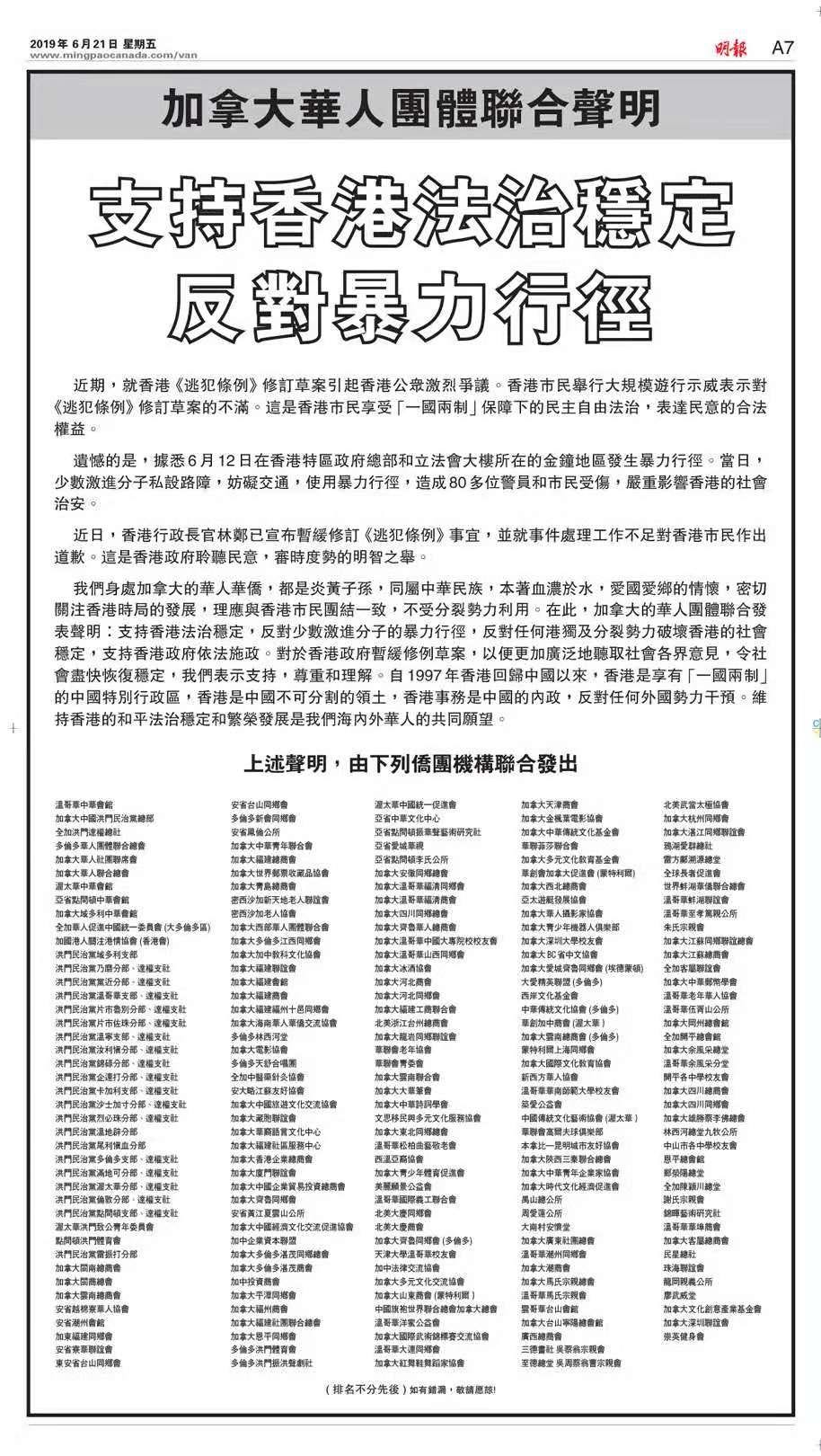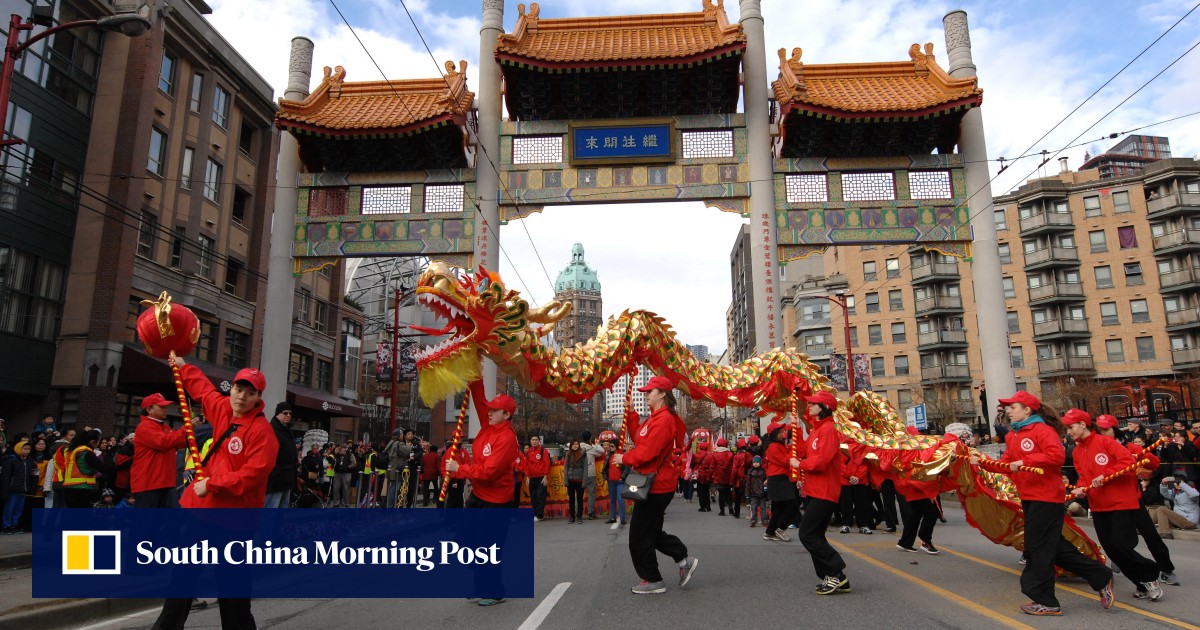SunriseChampion
Senior Member
As you're probably aware, the last few weeks have seen major protests in Hong Kong in response to a now-suspended extradition bill that would have allowed Hong Kong authorities to extradite alleged criminals to face "justice" in China.
I take personal interest in developments in Hong Kong owing to having grown up going to elementary school with and making friends with a large number of classmates whose families had immigrated to Canada prior to the handover from Britain in 1997. I, at one time, had even contemplated applying for university there.....unfortunately the fees were 25KUSD/year at the time which was more than my RESP could manage.
These current protests come a few years after the pro-democracy Umbrella Movement sputtered and died with the imprisonment of pro-democracy activists and the barring from the legislature of several pro-democracy members due to their insincere oath-taking. An oath that asks members to swear fealty to China.
The current protests, however, are bigger than the last wave and have broad support across class divisions in Hong Kong. For the first time, for example, business leaders are speaking up in favour of the protests, though none publicly that I have seen....for obvious reasons (amongst them serious self-interest).
Hong Kong is in a hard place, being literally attached to the authoritarian behemoth next door, but I have overly-optimistic hope for the place because I see that the younger generations won't take Chinese colonisation lying down.
2047 is the year after which Hong Kong is supposed to be fully integrated into the Chinese state, judicially, legislatively, etc. Whilst it's a long way away still, do you think that the Hong Kong of today will still be around to meet its appointed demise or do you think it will be subsumed into the Chinese tyranny a lot sooner?
Will Hong Kong escape its fate as another Tibet?
Do you think our government should do more to stand up to China?
Geeze, I grew up with friends from HK and live in Parkdale with all the Tibetans....I think I'd be anti-China even if I wasn't an authoritarian-hating liberal.
Like, 1984 called, they want their premise back.
I take personal interest in developments in Hong Kong owing to having grown up going to elementary school with and making friends with a large number of classmates whose families had immigrated to Canada prior to the handover from Britain in 1997. I, at one time, had even contemplated applying for university there.....unfortunately the fees were 25KUSD/year at the time which was more than my RESP could manage.
These current protests come a few years after the pro-democracy Umbrella Movement sputtered and died with the imprisonment of pro-democracy activists and the barring from the legislature of several pro-democracy members due to their insincere oath-taking. An oath that asks members to swear fealty to China.
The current protests, however, are bigger than the last wave and have broad support across class divisions in Hong Kong. For the first time, for example, business leaders are speaking up in favour of the protests, though none publicly that I have seen....for obvious reasons (amongst them serious self-interest).
Hong Kong is in a hard place, being literally attached to the authoritarian behemoth next door, but I have overly-optimistic hope for the place because I see that the younger generations won't take Chinese colonisation lying down.
2047 is the year after which Hong Kong is supposed to be fully integrated into the Chinese state, judicially, legislatively, etc. Whilst it's a long way away still, do you think that the Hong Kong of today will still be around to meet its appointed demise or do you think it will be subsumed into the Chinese tyranny a lot sooner?
Will Hong Kong escape its fate as another Tibet?
Do you think our government should do more to stand up to China?
Geeze, I grew up with friends from HK and live in Parkdale with all the Tibetans....I think I'd be anti-China even if I wasn't an authoritarian-hating liberal.
Like, 1984 called, they want their premise back.








